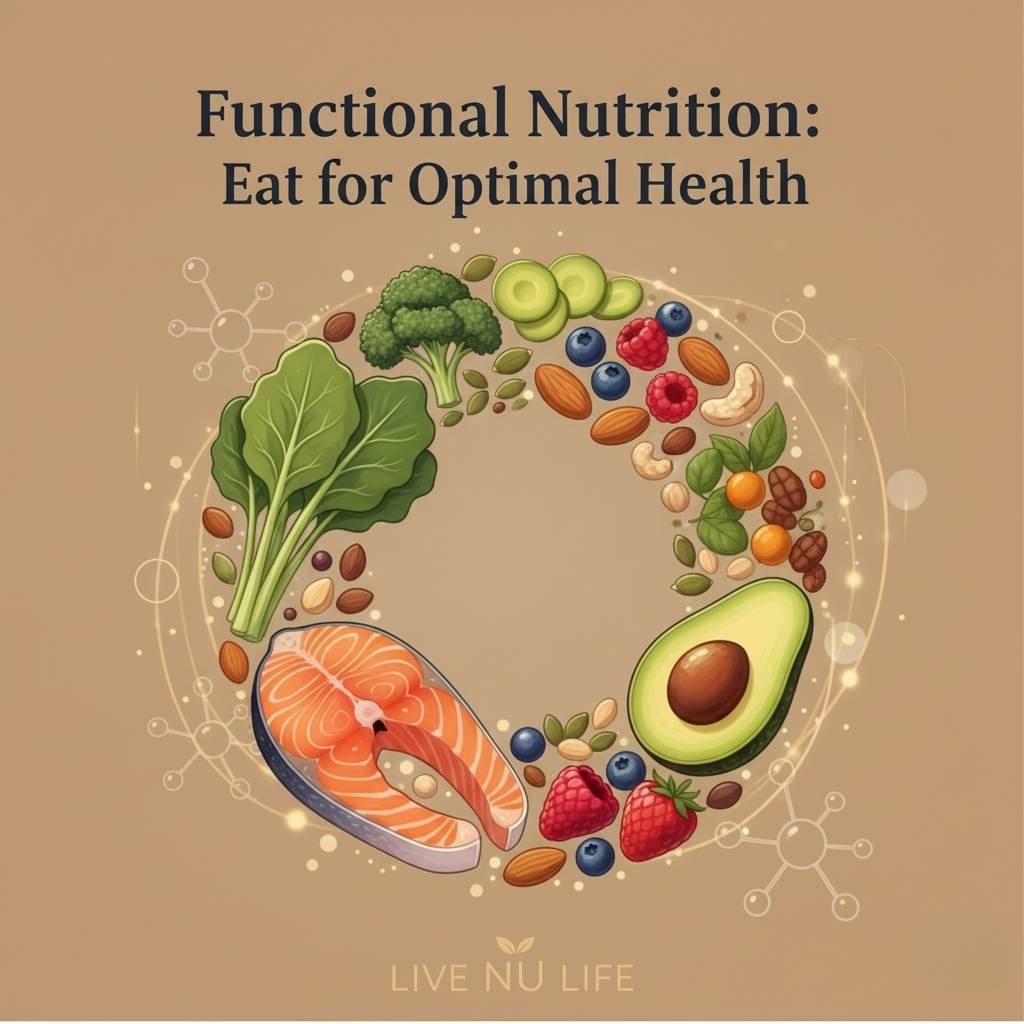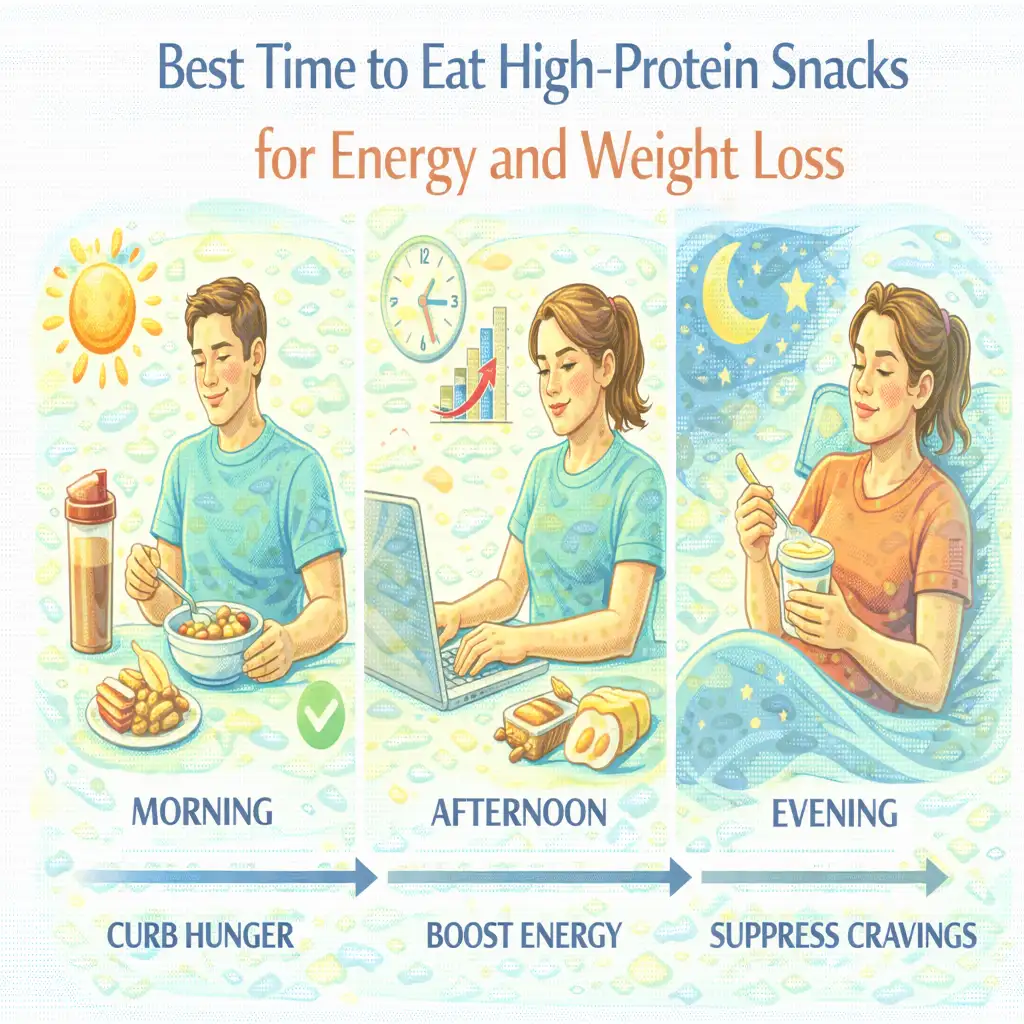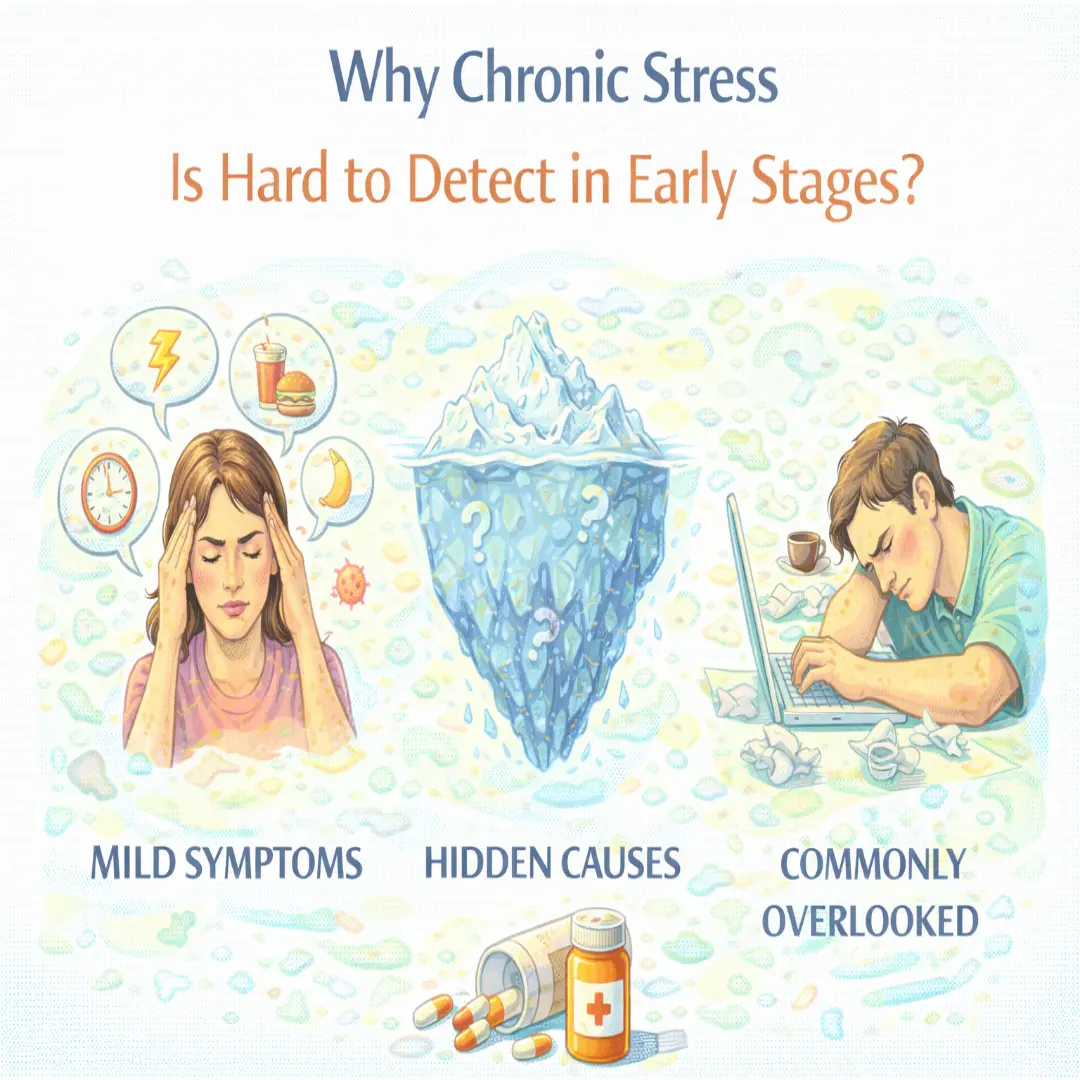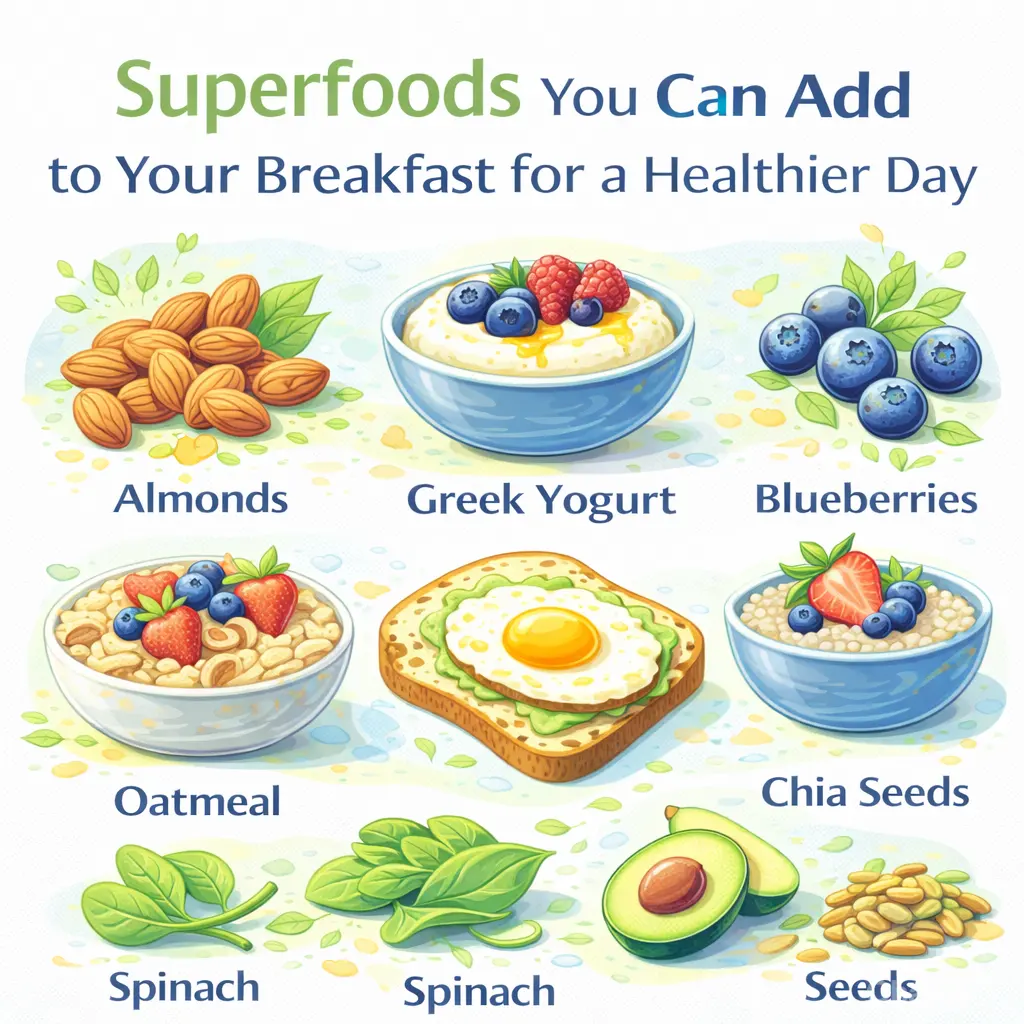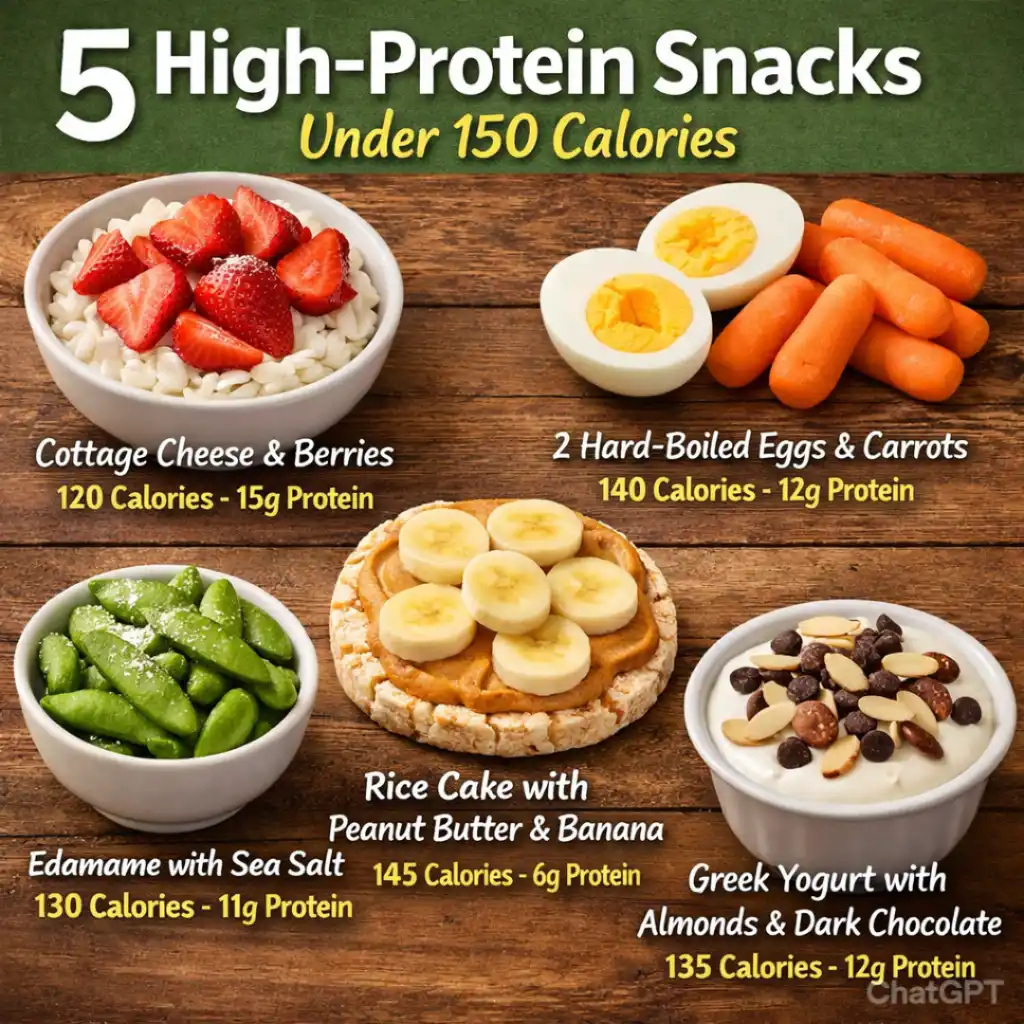Food can heal, or it can harm. That is the truth I learned after years watching people eat by habit, not by purpose. Functional nutrition starts with one idea — eat for function, not only for taste. It came after modern science began studying how food talks with our cells, our hormones, our mood. (Harvard studies proved diet affects the immune system and gut balance deeply.)
Now, health is not only about calories. It is about how the food helps the body do its job — repair tissue, calm the brain, reduce stress load. Example: magnesium from nuts supports mental calm. Omega-3 from fish cools down the body’s inflammation. Colors on your plate mean different plant compounds working for you.
Start simple. Eat real food, less packaged. Feel your body’s reaction after every meal. Try it for a week, see how you feel.
Table of Contents
ToggleWhat Is Functional Nutrition and How Is It Different from a Regular Diet?
Functional nutrition is not just a food plan, it is a whole-body road map (like a tool kit for health). You see, everything in your body connects—food, exercise, mental calm, and stress management (all matter). Try to understand it like—when one organ gets upset, the whole system gets out of tune, like a guitar string too tight.
Definition and Meaning
Functional nutrition means: eat based on what your body really needs now (not just calories or so). Forget old diet charts from the newspapers. Functional nutrition looks at your environment, how much you move, your medical history, and even your stress level. This kind of care finds the root cause—why you feel tired, why gut trouble (not just treat, but correct the reason).
Imagine you want to build a strong house—you check every brick. Same here. Check your bloodwork, gut health, food sensitivity (sometimes your doctor does tests, but a simple version—notice how you feel after you eat).
How Is It Different from a Regular Diet?
- Regular diet gives one-size-meal (like office uniform)—usually the same food group or calories for everyone. Functional nutrition is tailor-fit (like custom shirts)—change according to your genetics, lifestyle, body type. Bloating after a dairy for you may be stress for another person.
- A regular diet focuses only on controlling disease or weight—functional nutrition aims for full-body health (think mental calm, sharp focus, better energy). You don’t just count what you eat. You notice sleep, daily movement, and stress management (very important).
- In a regular diet, food is only for energy. In functional nutrition, food is medicine (build gut strength, reduce inflammation so no heart is burnt, and even help with stress control).
- Regular diets rarely test for nutrients or deficiencies. Functional nutrition uses labs (blood, hormones, GI-MAP for gut)—so you find what your body lacks and fix it early (not wait for issues).
Try it for a week, see how you feel (write down changes if you like, use simple daily log for mental calm and stress management)
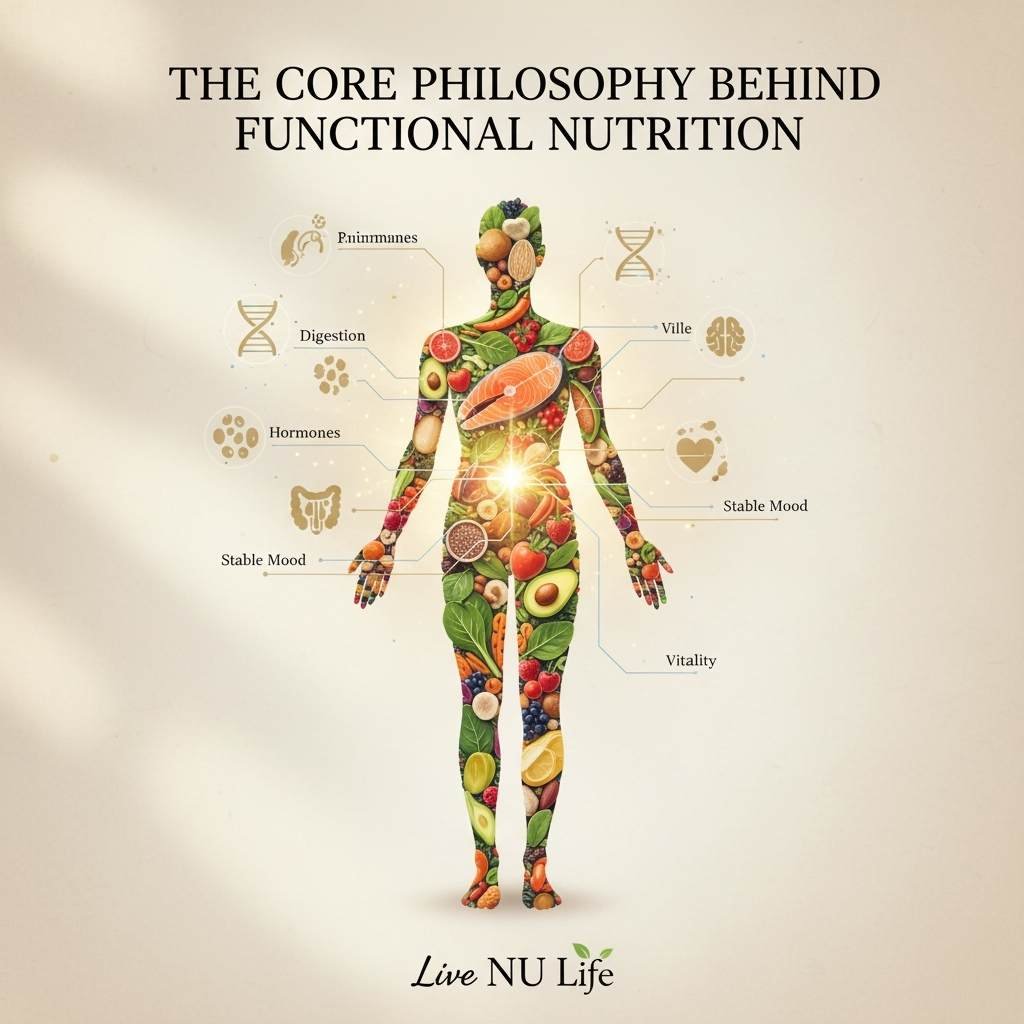
The Core Philosophy Behind Functional Nutrition
You want to know what’s behind functional nutrition? Listen. This thing is not just eating greens or skipping sugar. It seems you and your body as one system—connected, not just separate parts. Foods affect everything—your sleep, mood, digestion, even stress management. Not like those “eat this, avoid that” plans. Functional nutrition digs deeper. It finds root causes, not just the symptoms. (Example: If you get heartburn, don’t only take antacids—look at what’s triggering it inside.).
Core Philosophy of Functional Nutrition
Personalization
- Everybody’s body is different. What works for you, maybe not for your friend. Find what fits your genes, your habits, even job stress.
- Don’t follow “one-size-fits-all.” (Think: some lose weight on lentils, some feel heavy—adjust as needed.)
Root Cause, Not Quick Fix
- Ask why you get sick, tired, or stressed. Find the base problem—maybe gut trouble, maybe a missing vitamin—then fix it from there.
Nutrient Density
- Fill the plate with whole foods (real stuff like veggies, grains, eggs). They repair your cells and fuel your brain. It’s not only about reducing calories.
Gut Health and Calm Mind
- Take care of your gut—fermented foods, prebiotics, less processed junk. Gut control immunity and also mental calm (they link, believe it).
Lifestyle Links
- Food is not the only answer. Sleep cool, move more, manage stress (just deep breathing sometimes is enough). These things all support you.
Mindful Eating
- Chew slowly. Notice taste, hunger, fullness. No phone, no TV. (Paying attention changes digestion—seriously.)
Try these things. Not a perfect first day—okay, just start. Functional nutrition teaches: food is fuel, medicine, and a little bit of daily therapy too. Try it for a week, see how you feel.
How Functional Nutrition Supports Optimal Health
Food is not just fuel. It’s information. What you eat talks to your cells, your brain, your gut. Functional nutrition focuses on this connection — how food affects body systems, not just calories or carbs. It’s about balance, digestion, and healing from inside. (Not a diet plan, a daily practice.)
How It Supports Your Health
- Balance Blood Sugar (and Energy)
Start with real food — vegetables, proteins, healthy fat. Skip the white sugar spikes. Studies from Harvard Health show balanced meals lower risk of diabetes and mid-day fatigue. You feel steady, not crashing after lunch. - Heal the Gut (your second brain)
Eat fiber. Add fermented foods (like curd, kimchi, kombucha). Gut bacteria help in mood and immune support. When the gut is calm, the mind is also calm. WHO notes 70% of immunity lives in the gut area. - Reduce Inflammation (the silent trouble)
Omega-3 rich foods like fish, walnuts, and flaxseed cool down chronic inflammation. This kind of nutrition helps joints, skin, and even mental calm. (Yes, the brain also inflames when dieting is poor.) - Support Stress Management
Magnesium from greens, B vitamins, and clean proteins help the body handle stress better. You sleep deeper. Feel less anxious. It’s like the body breathes easier.
Start small. Replace one meal with real food. Drink more water. Listen to how your body responds. Try it for a week, see how you feel.
Key Principles of Functional Nutrition
Food is not just calories. It’s information for your body. Functional nutrition looks at how your body responds, not just what’s on your plate. It’s about balance, energy, mood, and how your gut talks to your brain. This is not a diet trend, it’s daily practice (like brushing teeth for your cells).
- Personalized Nutrition Approach
Everyone is different. What helps one person may harm another. Start by watching how food makes you feel — tired, bloated, calm, or sharp. Use real data if possible (blood sugar, vitamin levels). Work with your body, not against it. Eat for your genes, your lifestyle, your stress.
- Focus on Root Causes, Not Just Symptoms
Don’t just take pills for fatigue or mood swings. Ask why it happens. Maybe nutrient gap, poor sleep, or gut imbalance. This kind of nutrition focuses on cause, not cover-up. Heal from inside out.
- Gut Health and Microbiome Balance
Your gut is like your inner garden. Feed it right — fiber, fermented food, prebiotics. Avoid too much sugar or ultra-processed snacks. A healthy gut supports immunity, skin, and even stress management (yes, mood starts in the gut).
- Whole, Unprocessed Foods as Medicine
Eat close to nature. Fresh veggies, clean protein, good fats. Avoid things that come in shiny packets. Food can heal inflammation, support energy, and calm the mind (real relaxation techniques start with real food).
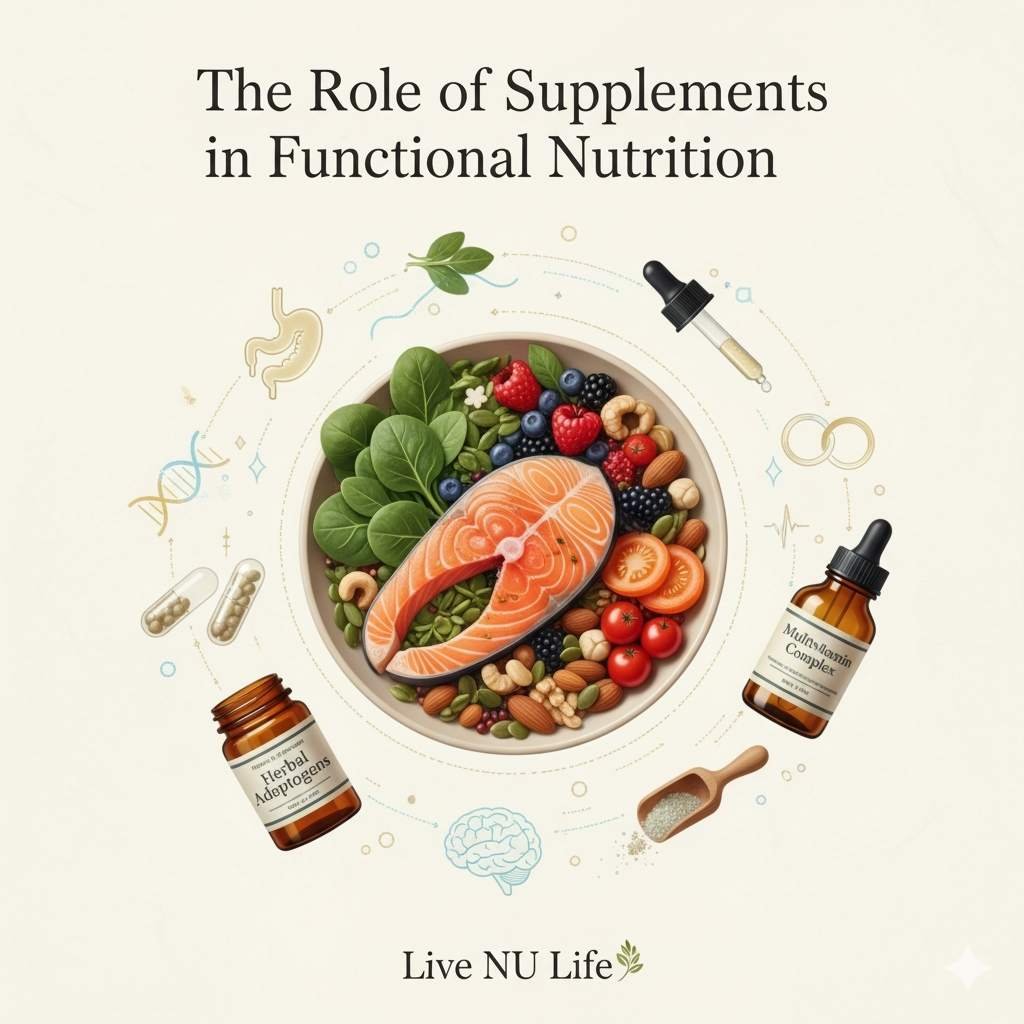
The Role of Supplements in Functional Nutrition
Many people eat clean, still feel tired. Why? Because food alone does not cover the gap. Modern soil loses minerals, and lifestyles drain energy fast. That’s where supplements play their role — not as magic, but as support to real food (not replacement).
Role of Supplements in Functional Nutrition
Fill Nutrient Gaps
Start with a blood test or basic deficiency check. Many people lack Vitamin D, B12, and magnesium. Add what is missing, don’t take random pills.
Support Digestive Health
Use probiotics for gut calm, omega-3 for inflammation, and zinc for repair (especially in long-time acidity or skin issues).
Balance Energy and Hormones
Adaptogens like ashwagandha or maca root help with stress. Take in the morning or before workout for natural energy balance.
Detox Pathways
Use antioxidants, greens powder, or milk thistle for liver support (not daily, but cyclic for 2–3 weeks).
Now, always pair supplements with whole meals. Empty stomach use is mostly wasteful.
Functional Nutrition for Common Health Concerns
Food is not just fuel. It’s information for your body. What you eat tells your cells how to work — when to rest, when to repair. That’s the idea behind functional nutrition. It’s not a diet. It’s a way to fix the cause of common health problems — not just cover the symptoms. You eat to support your body system, one by one.
Functional Nutrition for Common Health Concerns
- Stress and Fatigue
Start with food that calms your nervous system. Magnesium-rich foods (like spinach, pumpkin seed) help you relax. Eat real protein at breakfast — not just toast or coffee. This kind of meal keeps blood sugar steady (less energy crash). Drink enough water; even 2% dehydration makes you tired. Avoid too much caffeine, it steals your sleep later. - Digestive Issues
Chew slowly. Most digestion starts in the mouth. Add fermented food — curd, kimchi, kanji — to bring good bacteria back. Remove trigger food like refined oil or processed sugar for some days. Then see what happens. (Most people feel lighter in 3–4 days.) - Hormonal Imbalance
Eat fat — but a good one. Avocado, coconut, desi ghee. Hormones are made from fat, so don’t fear it. Cruciferous vegetables (broccoli, cabbage) help the liver clean extra estrogen. Sleep before midnight. That’s when repair hormones work best. - Weight Management
Stop counting calories. Start counting nutrients. Eat food close to its natural form — fruit, dal, eggs, nuts. Keep a 12-hour gap between dinner and next breakfast (simple circadian fasting). Moving daily, even a short walk after a meal, helps sugar balance.
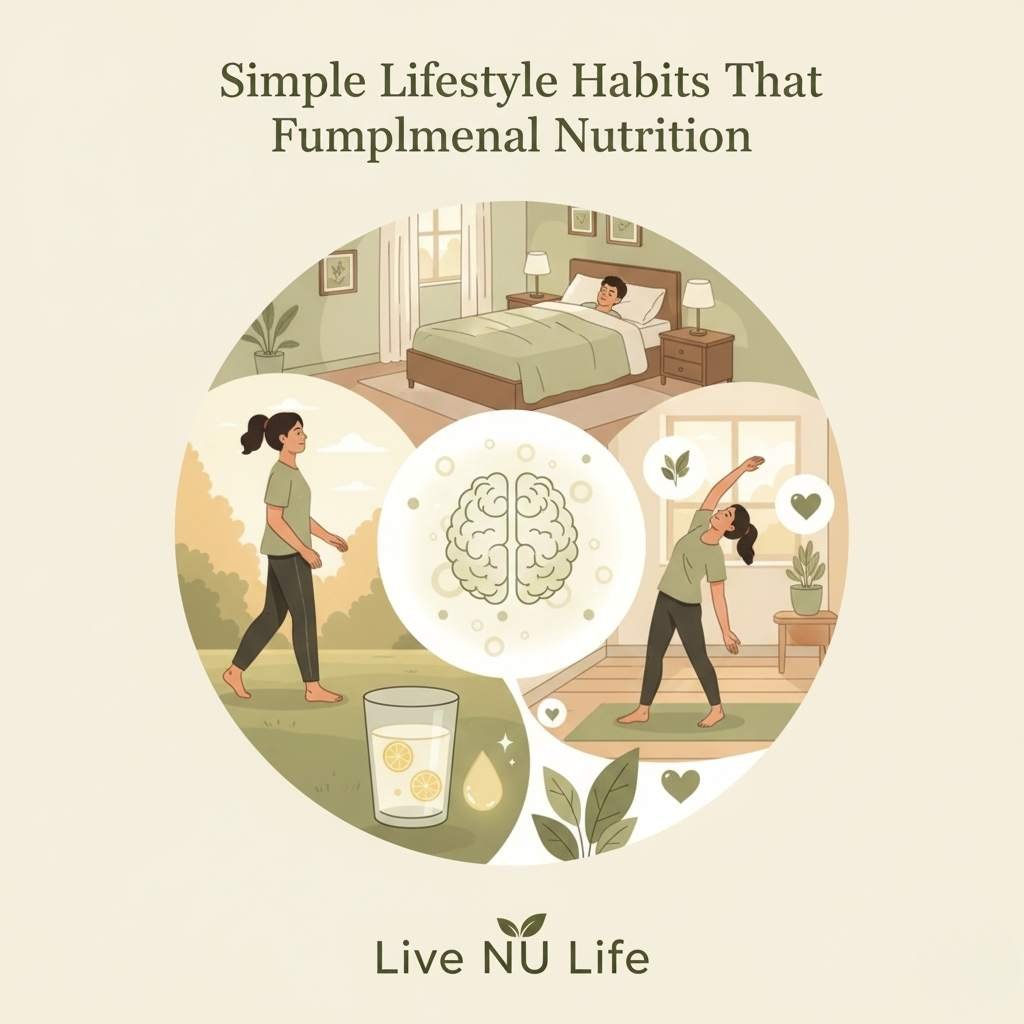
Simple Lifestyle Habits That Complement Functional Nutrition
Ever feel tired all day, even after eating right? Functional nutrition helps fix inside problems, like gut issues or hormone mess. But it does not work alone. Add simple lifestyle habits, and you see real change. These habits complement your nutrition, make your body strong and mind calm. (I see this in my practice every time.)
Get Moving Daily
- Walk 30 minutes outside, every morning. Breathe deep, feel the sun on your skin.
- Do light stretches, like a cat-cow pose on the floor—bend back up, then down slowly.
- This boosts blood flow, helps nutrients absorb better. No gym needed, just move like you chase a ball.
Sleep Like a Routine
- Go to bed by 10 PM, and wake at the same time. Dark room, no phone light.
- Sip chamomile tea before relaxing muscles as if sinking into a soft bed.
- Aim 7-8 hours; studies show this cuts inflammation by 20%, per latest health reports. Sleep fixes what food starts.
Drink Water Smart
- Sip 8 glasses throughout the day, add lemon slices for taste.
- Before meals, drink one full glass—fills you up, aids digestion.
- Dehydration sneaks up, causing fake hunger. This habit supports nutrition, keep energy steady.
Manage Stress Quick
- Sit quiet 5 minutes, twice daily. Breathe in nose, out mouth slowly.
- Imagine stress floating away like clouds in the wind.
- Journal three good things at night; this lower cortisol, helps functional foods work deeper.
Check out these related articles to expand your knowledge:
Build longevity naturally with 10 Daily Habits to Extend Your Healthspan in 2025.
Unlock the science behind healthy aging in Science-Based Longevity Protocols for Optimal Aging.
Support your vitality with Best Longevity Supplements: Evidence-Based Guide.
Discover holistic rejuvenation in Anti-Aging Wellness: Your Complete 2025 Guide.
Strengthen your body from within through Cellular Health Optimization.
Relax your mind with 5 Natural Stress-Busting Techniques That Actually Work.
Find calm through Stress Management Solutions and balanced living.
Reclaim mental clarity with Digital Detox: Reclaim Your Mental Peace in 2025.
Ease anxiety naturally with Natural Anxiety Relief: 7 Proven Remedies.
Begin your mindfulness practice with Mindfulness for Stress Relief: Complete Beginner Guide.
Frequently Asked Questions
Food as medicine, yes. We use real food to fix body problems. Not just calories. This kind of qigong focuses on gut health, energy, and a clear mind.
(Example: If you feel tired all the time, we check sugar food and sleep, not just give pills.)
Start now. Remove packaged food from the kitchen. Keep fruits, nuts, and boiled eggs in front.
Then drink water first thing in the morning. (Warm water is better for digestion.)
Yes, but control the amount. Eat brown rice, not white. And always with vegetables and protein. (This slows down sugar rise.)
Avoid spicy, oily. Try banana, almonds, or coconut water. Eat small, many times.
Not if the food is right. But vitamin D? Many lack this. Check blood, then decide. Eat with calm, not in a rush. This helps digestion.
References
Ahmad, S., Demler, O. V., Sun, Q., Sandhu, R. K., Moorthy, M. V., Li, C., Liu, L., Ridker, P. M., Manson, J. E., Weinstock, P. H., Wang, L., Mora, S., & Chasman, D. I. (2024). Mediterranean diet adherence and risk of all-cause mortality in women. JAMA Network Open, 7(4), e245565.
Basiri, R., Seidu, B., & Rudich, M. (2023). Key nutrients for optimal blood glucose control and mental health in individuals with diabetes: A review of the evidence. Nutrients, 15(18), 3929.
Botturi, A., Ciappolino, V., Delvecchio, G., Boscutti, A., Viscardi, B., & Brambilla, P. (2020). The role and the effect of magnesium in mental disorders: A systematic review. Nutrients, 12(6), 1661.
Calatayud, M., Koren, O., & Sanz, Y. (2021). Comparative effect of 22 dietary sources of fiber on gut microbiota of healthy humans in vitro. Frontiers in Nutrition, 8, 700571.
Eby, G. A., & Eby, K. L. (2006). Rapid recovery from major depression using magnesium treatment. Medical Hypotheses, 67(2), 362–370.
Finicelli, M., Squillaro, T., Di Cristo, F., Di Salle, A., Melone, M. A., Galderisi, U., & Peluso, G. (2022). The Mediterranean diet: An update of the clinical trials. Nutrients, 14(14), 2956.
Fu, J., Zheng, Y., Gao, Y., & Xu, W. (2022). Dietary fiber intake and gut microbiota in human health. Microorganisms, 10(12), 2507.
Kasper, D., Oh, S. F., Alvarez, C. A., Kim, K. S., Dulai, M., Mello, N. K., & Sessa, W. C. (2024). Diet, gut microbes, and immunity. Harvard Medical School News.
Noah, L., Dye, L., Bois De Fer, B., Mazur, A., Pickering, G., & Pouteau, E. (2021). Effect of magnesium and vitamin B6 supplementation on mental health and quality of life in stressed healthy adults: Post‐hoc analysis of a randomised controlled trial. Stress and Health, 37(4), 748–763.
Oliver, A., Chase, A. B., Weihe, C., Orchanian, S. B., Riedel, S. F., Hendrickson, C. L., Lay, M., Sewall, J. M., Martiny, J. B. H., & Whiteson, K. (2021). High-fiber, whole-food dietary intervention alters the human gut microbiome but not fecal short-chain fatty acids. mSystems, 6(2), e00115-21.
Pickering, G., Mazur, A., Trousselard, M., Bienkowski, P., Yaltsewa, N., Amessou, M., Noah, L., & Pouteau, E. (2020). Magnesium status and stress: The vicious circle concept revisited. Nutrients, 12(12), 3672.
Russell, W. R., Baka, A., Björck, I., Delzenne, N., Gao, D., Griffiths, H. R., Hadjilucas, E., Kievit, P., Kremer, B., Landskron, J., Norris, C., Drummond, S., Seal, C., Weickert, M. O., & Wijayaratne, N. (2016). Impact of diet composition on blood glucose regulation. Critical Reviews in Food Science and Nutrition, 56(4), 541–590.
Tosti, V., Bertozzi, B., & Fontana, L. (2017). Health benefits of the Mediterranean diet: Metabolic and molecular mechanisms. Journals of Gerontology Series A: Biomedical Sciences and Medical Sciences, 73(3), 318–326.
Wiertsema, S. P., van Bergenhenegouwen, J., Garssen, J., & Knippels, L. M. J. (2021). The interplay between the gut microbiome and the immune system in the context of infectious diseases throughout life and the role of nutrition in optimizing treatment strategies. Nutrients, 13(3), 886.
Wu, H. J., & Wu, E. (2012). The role of gut microbiota in immune homeostasis and autoimmunity. Gut Microbes, 3(1), 4–14.

